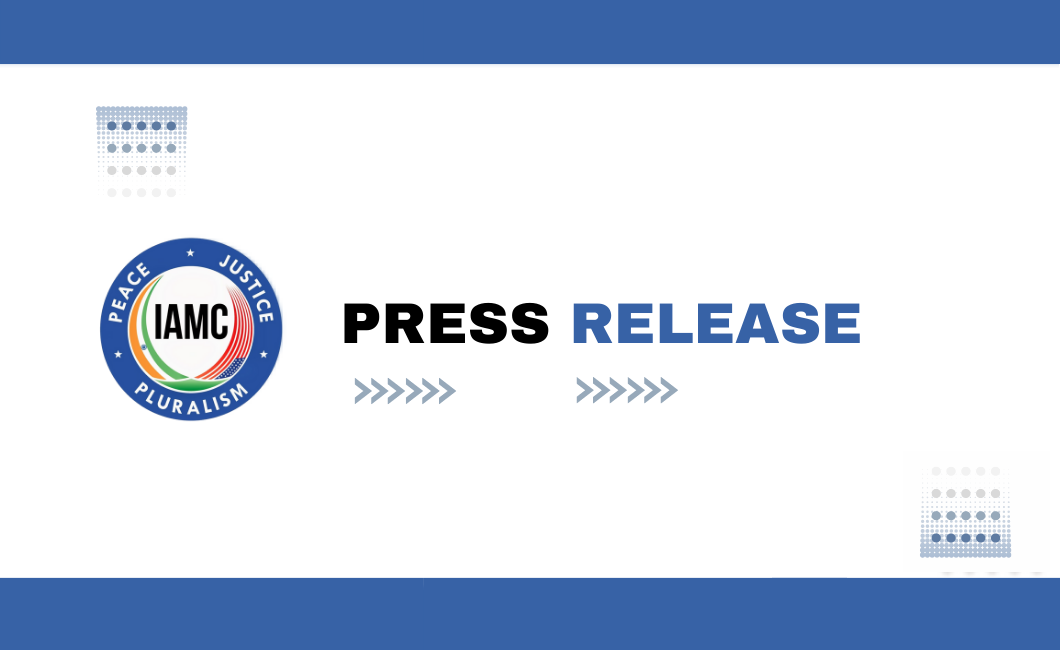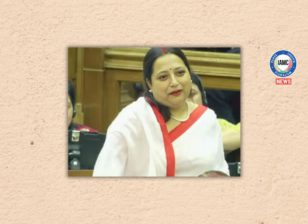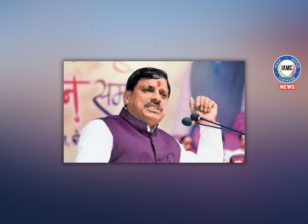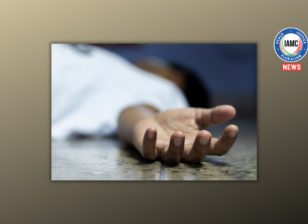Panel at Parliament of World’s Religions Highlights Concerns over Hindu Nationalism and Violence Against Religious Minorities
Illinois (August 18, 2023) — The Indian American Muslim Council (IAMC) brought together civil society leaders, activists, and a journalist to discuss the escalating rise of right-wing Hindu extremism and the surge in violence against religious minorities, including Muslims at a panel hosted during the Parliament of the World’s Religions in Chicago.
Since Indian Prime Minister Narendra Modi and his far-right extremist Bharatiya Janata Party (BJP) came to power in 2014, Hindu supremacist violence and human rights violations against religious minorities have increased steeply, including “cow vigilantism,” anti-Muslim killings, and attacks on places of worship. Modi himself has been a member of the Rashtriya Swayamsevak Sangh (RSS) — a paramilitary Hindu supremacist group that draws inspiration from fascists and Nazis — since his youth.
“This is an issue of India itself. India itself is going the way that Germany had gone once, and we all know where Germany ended. The RSS ideology has similar designs. It won’t happen without some kind of violence — India is on that route now,” said Rasheed Ahmed, Executive Director of IAMC. “Under Modi’s government, if you are a minority, especially a Muslim, and you are going from one place to another place in a train, you don’t know if you’ll reach your destination, or your dead body will reach that destination.”
Currently, violence — abetted or ignored by Modi’s party — is sweeping across India at the moment. A conflict has engulfed India’s northeastern state of Manipur, leaving over 150 dead and 50,000 displaced, and the northern state of Haryana has experienced a wave of anti-Muslim mob violence after a Hindu militant procession.
“Hindu fundamentalism is now the top of the tops in India. It is the go-to ideology. And that is why we are seeing so much violence on an everyday basis.” said Ajit Sahi, Advocacy Director at IAMC. “The non-state criminals involved in mass killings of Muslims are fused into the government, and they are now one. The law enforcement, the judiciary, the administration and the legislature are all complicit.”
In Manipur, the brunt of the violence has impacted the predominantly Christian Kuki-Zo tribal community, destroying thousands of Kuki-owned homes and hundreds of churches and extreme brutality against the Kuki-Zo themselves.
“My family has lost everything, every single thing, all their memories are gone. They’re going to start from scratch. They barely escaped with their lives,” said Florence Lowe, co-founder of the North American Manipur Tribal Association (NAMTA). “I don’t think we should stand by and watch something like this happen.”
The government’s role in Hindu supremacist violence stretches back much further than the present day, including the 2002 pogrom of more than 2,000 Muslims in Gujarat, who were killed by Hindu nationalists organized by RSS-affiliated groups while Modi was Chief Minister of the state.
“What happened in Gujarat, India, on February 27, 2002, will go down in the annals of Indian history as perhaps its blackest day, week, and month,” said Father Cedric Prakash, a Jesuit priest and distinguished human rights activist. Father Prakash told a story about his close friend, who was killed in the massacre. “I don’t believe in vengeance; I don’t believe in hate. Jesus taught me: If I want peace, I must relentlessly strive for justice.”
“And the reality in Ahmedabad today is quite bleak. We cannot assemble together for any protest,” Father Prakash added. “We have discrimination, demonization, degradation — particularly against Muslims, but also against Christians and other minorities.”
Freedom of the press has also declined sharply in recent years, with journalists facing arrests, crackdowns, and repeated harassment and death threats. That’s particularly true in the majority-Muslim state of Jammu and Kashmir — in March, journalist Irfan Mehraj was arrested under the government’s draconian anti-terrorism law.
“Right now, five of my colleagues are jailed under terror and sedition charges. The state of Jammu and Kashmir has become a black hole for journalism. Journalists are routinely targeted for covering stories on human rights,” said Raqib Hameed Naik, a Kashmir journalist who fled the country in 2020. “The institution of press stands effectively demolished today,” he added.
A full video of the discussion will be available to the public on the IAMC’s social media channels in the coming days.




